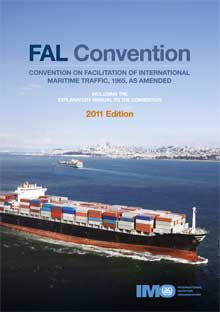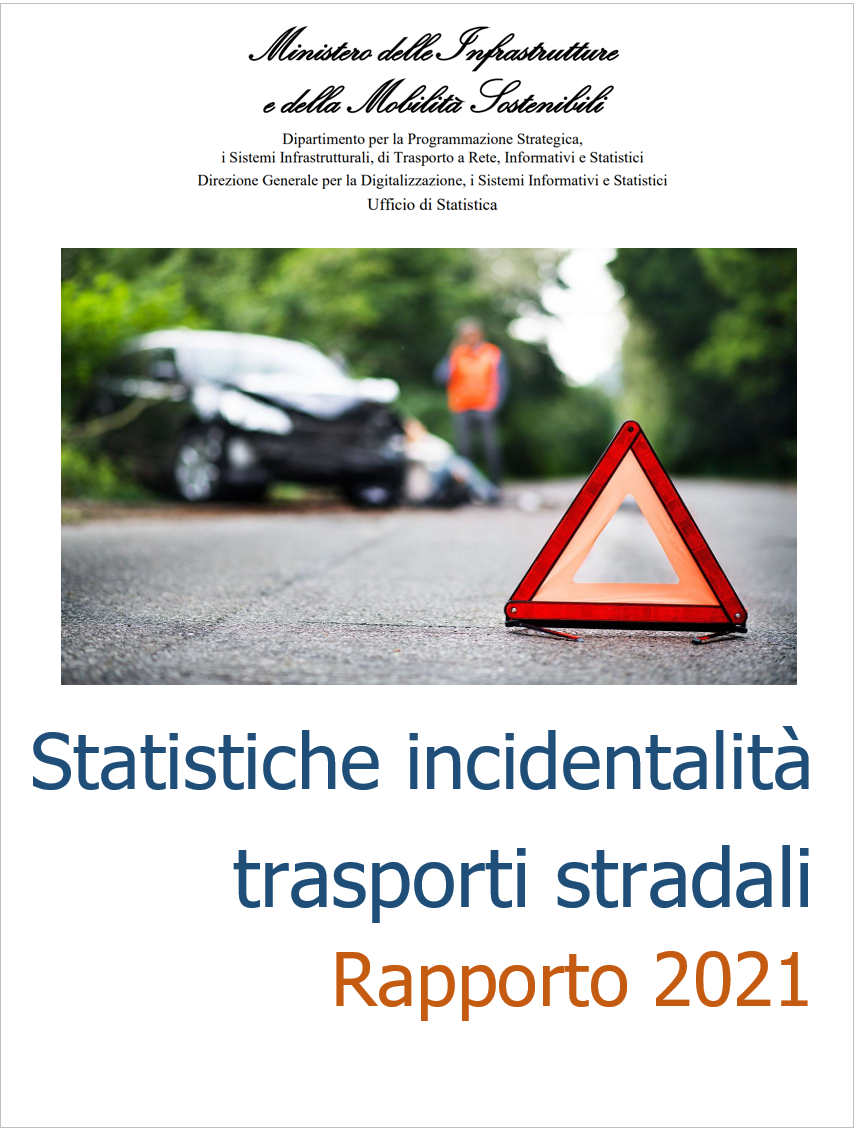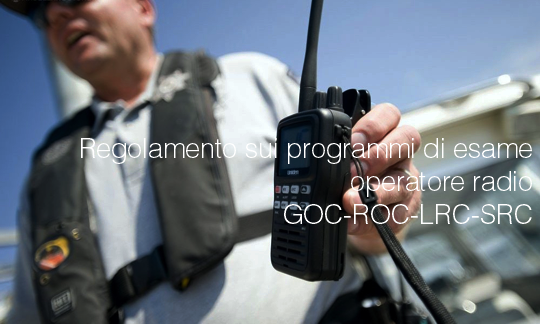FAL Convention
Convention of Facilitation of International Maritime Traffic
The Convention was adopted by the International Conference on Facilitation of Maritime Travel and Transport on 9 April 1965. It entered into force on 5 March 1967. The number of Contracting Governments to the Convention is 118, the combined merchant fleets of which amount to approximately 93.78 % of the world's fleet by tonnage (according to the figures provided by IHS-Fairplay, effective as of 15 December 2016). There are 56 Member States of the IMO which had not yet acceded to the Convention. In addition to that, 3 Associate Members are party to the convention.
Purpose of the Convention:
To facilitate maritime transport by reducing paper work, simplifying formalities, documentary requirements and procedures associated with the arrival, stay and departure of ships engaged on international voyages.
General Contents:
- Definitions and general provisions;
- Arrival, stay and departure of the ship;
- Arrival and departure of persons;
- Stowaways;
- Arrival, stay and departure of cargo and other articles;
- Public health and quarantine, including sanitary measures for animals and plants;
- Miscellaneous provisions.
Annex to the Convention
It contains rules for simplifying formalities, documentary requirements and procedures on the arrival and departure of ships and, in particular.
It reduces to nine the number of declarations, which can be required by public authorities. Seven of them were approved by the IMO.
The Annex contains "Standards" and "Recommended Practices" on formalities, documentary requirements and procedures which should be applied on arrival, during their stay, and on departure to the ships, their crews, passengers, baggage and cargo
Appendices to the Convention Appendix 1 IMO FAL Forms
Appendix 2 Format of a letter referenced to in Standard 3.3.3.1
Appendix 3 Format referred to Recommended Practice 4.6.2
The Manual
An Explanatory Manual to the Convention on Facilitation of International Maritime Traffic, can be found in document FAL.3/Circ.202.
The Manual contains guidance and interpretation of the provisions of the annex of the FAL Convention, assists in interpreting the legal text of the provisions and provides for a greater understanding of the Convention.
FAL Forms and Certificates
The Convention on Facilitation of International Maritime Traffic (FAL Convention) includes in its Standard 2.1 a list of documents which public authorities can demand of a ship and recommends the maximum information and number of copies which should be required.
IMO has developed Standardized Forms for seven of these documents, which are:
- IMO General Declaration (FAL form 1)
- Cargo Declaration (FAL form 2)
- Ship's Stores Declaration (FAL form 3)
- Crew's Effects Declaration (FAL form 4)
- Crew List (FAL form 5)
- Passenger List (FAL form 6)
- Dangerous Goods (FAL form 7)
Two other documents may be required under the Universal Postal Convention and the International Health Regulations.
The general declaration, cargo declaration, crew list and passenger list constitute the maximum information necessary. The ship's stores declaration and crew's effects declaration incorporate the agreed essential minimum information requirements.*
Certificates
All ships are required to carry certificates that establish their seaworthiness, type of ship, competency of seafarers and so on. These certificates are provided by the flag State of the ship and may be inspected by port State control officers.
Certificates to be carried on board ships are listed in FAL.2/Circ.127; MEPC.1/Circ.817; MSC.1/Circ.1462.
They include (some dependent on type of ship):
• International Tonnage Certificate;
• International Load Line Certificate;
• Intact stability booklet; Damage control booklets;
• Minimum safe manning document;
• Certificates for masters, officers or ratings;
• International Oil Pollution Prevention Certificate; Oil Record Book;
• Shipboard Oil Pollution Emergency Plan;
• Garbage Management Plan;
• Garbage Record Book;
• Cargo Securing Manual;
• Document of Compliance and Safety Management Certificate (ISM Code).
*1) Following the amendments adopted by FAL 40, new FAL Forms will be in force from 1 January 2018.
2) Three additional declarations will enter into force from 1 January 2018 which will bring the number of documents to twelve. These are: security-related information as required under SOLAS (International Convention for the Safety of Life at Sea, 1974), advance electronic cargo information for customs risk assessment purposes and advance notification form for waste delivery to port reception facilities.


